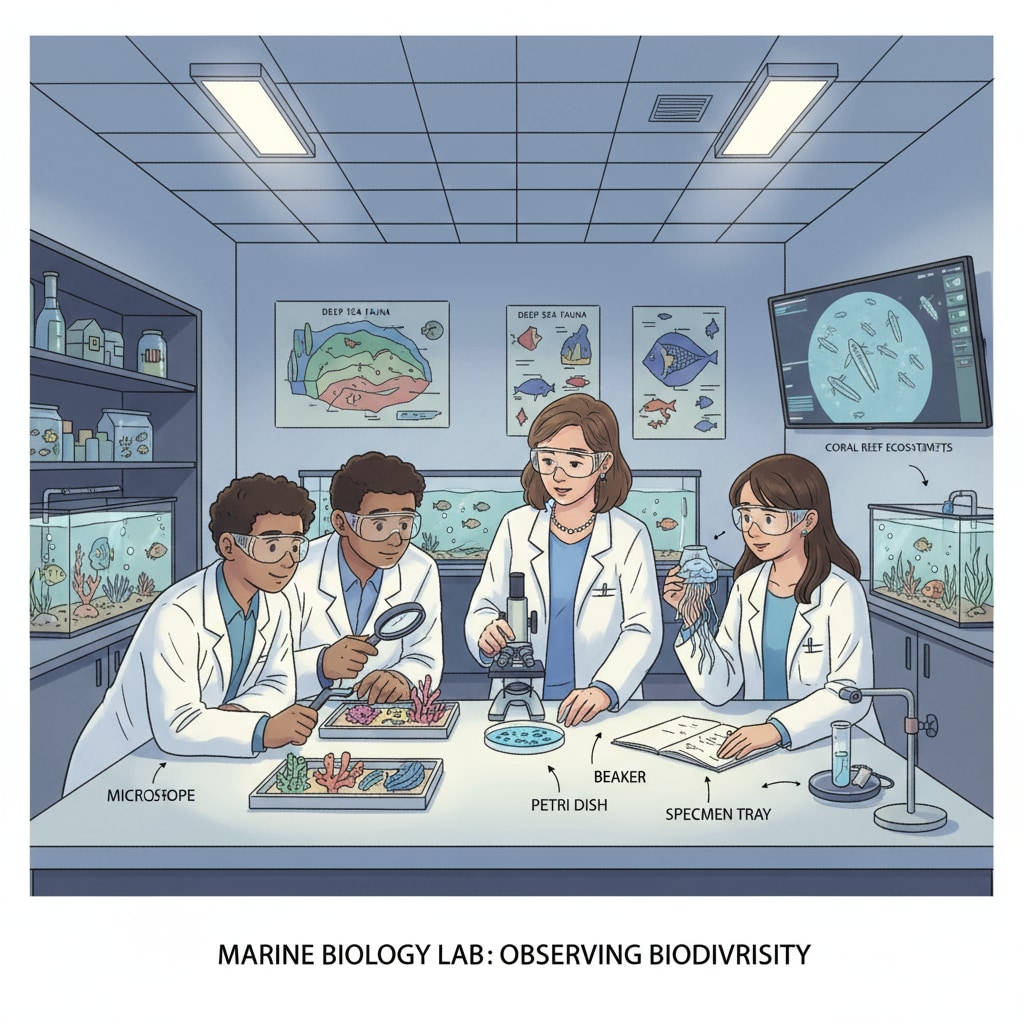Embarking on a journey to earn science degrees in marine biology or environmental science without prior knowledge might seem daunting, but it’s entirely possible. For those with a passion for the ocean’s mysteries or the planet’s environmental well-being, the lack of a traditional science background should not be a deterrent.

The Initial Hurdles
One of the first challenges non-science students face is the knowledge gap. Courses in marine biology and environmental science often assume a basic understanding of scientific concepts like biology, chemistry, and physics. However, this doesn’t mean it’s an insurmountable obstacle. For example, many universities offer introductory courses specifically designed to bring students up to speed. These courses cover fundamental scientific principles in an accessible way, laying a solid foundation for more advanced studies.

Developing Essential Skills
In addition to catching up on knowledge, non-science students need to develop key skills. Analytical thinking, data collection and interpretation, and laboratory techniques are crucial in both marine biology and environmental science. Through hands-on workshops and practical exercises, students can gradually master these skills. As a result, they become more confident in their abilities to contribute to scientific research and understanding.
Another important aspect is time management. Science courses can be intensive, with multiple lectures, laboratory sessions, and assignments. Therefore, creating a structured study schedule is essential to ensure that students can keep up with the coursework and make the most of their learning opportunities.
Ultimately, with determination and the right approach, students without a science background can thrive in marine biology and environmental science programs. By addressing the initial challenges and continuously honing their skills, they can achieve their academic and career goals in these exciting scientific fields. Marine Biology on Wikipedia Environmental Science on Britannica
Readability guidance: Using short paragraphs and lists helps summarize key points. Each H2 section can have a list for better organization. Keep the passive voice and long sentence proportion in check, and sprinkle transition words throughout the text for better flow.


